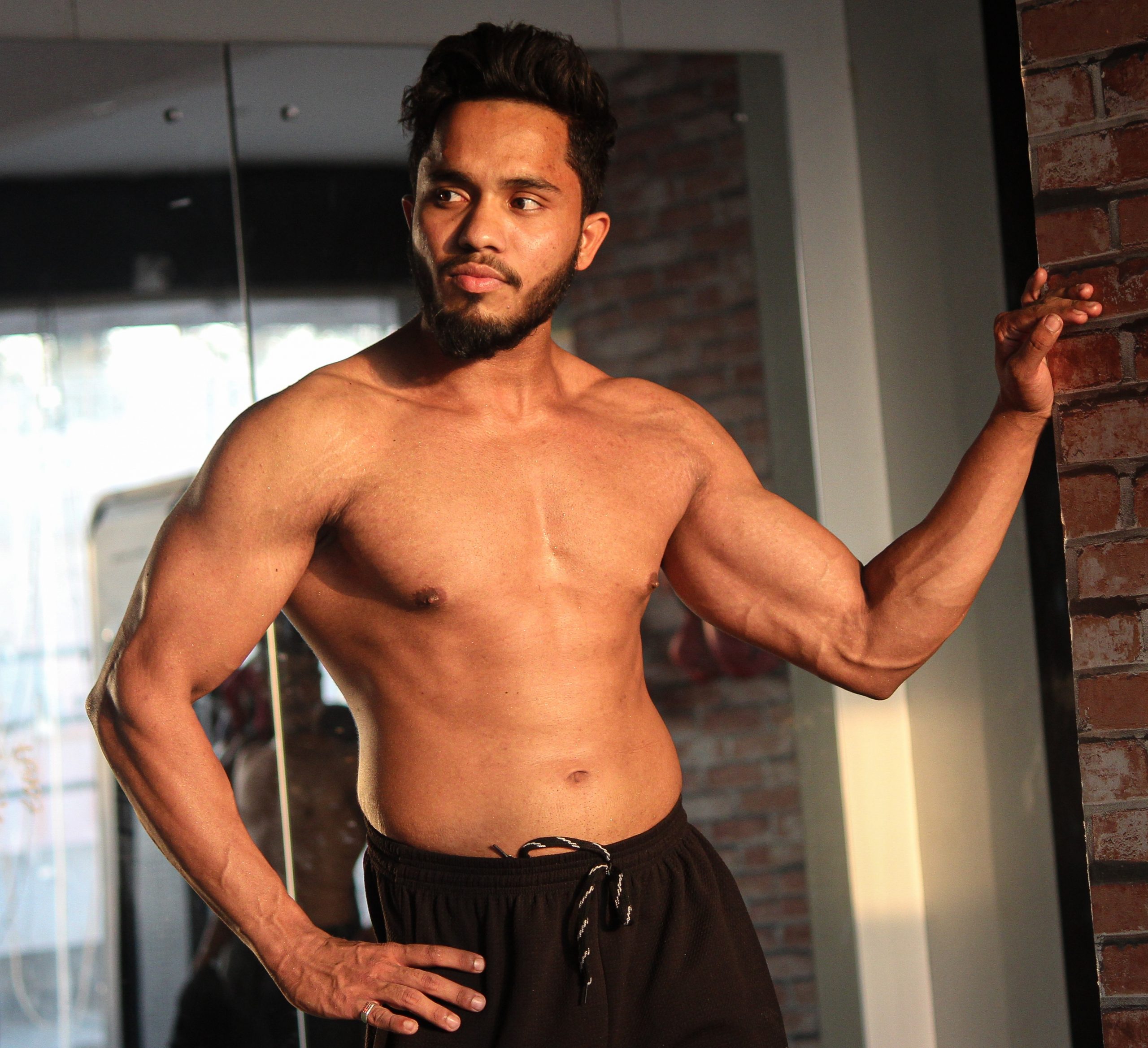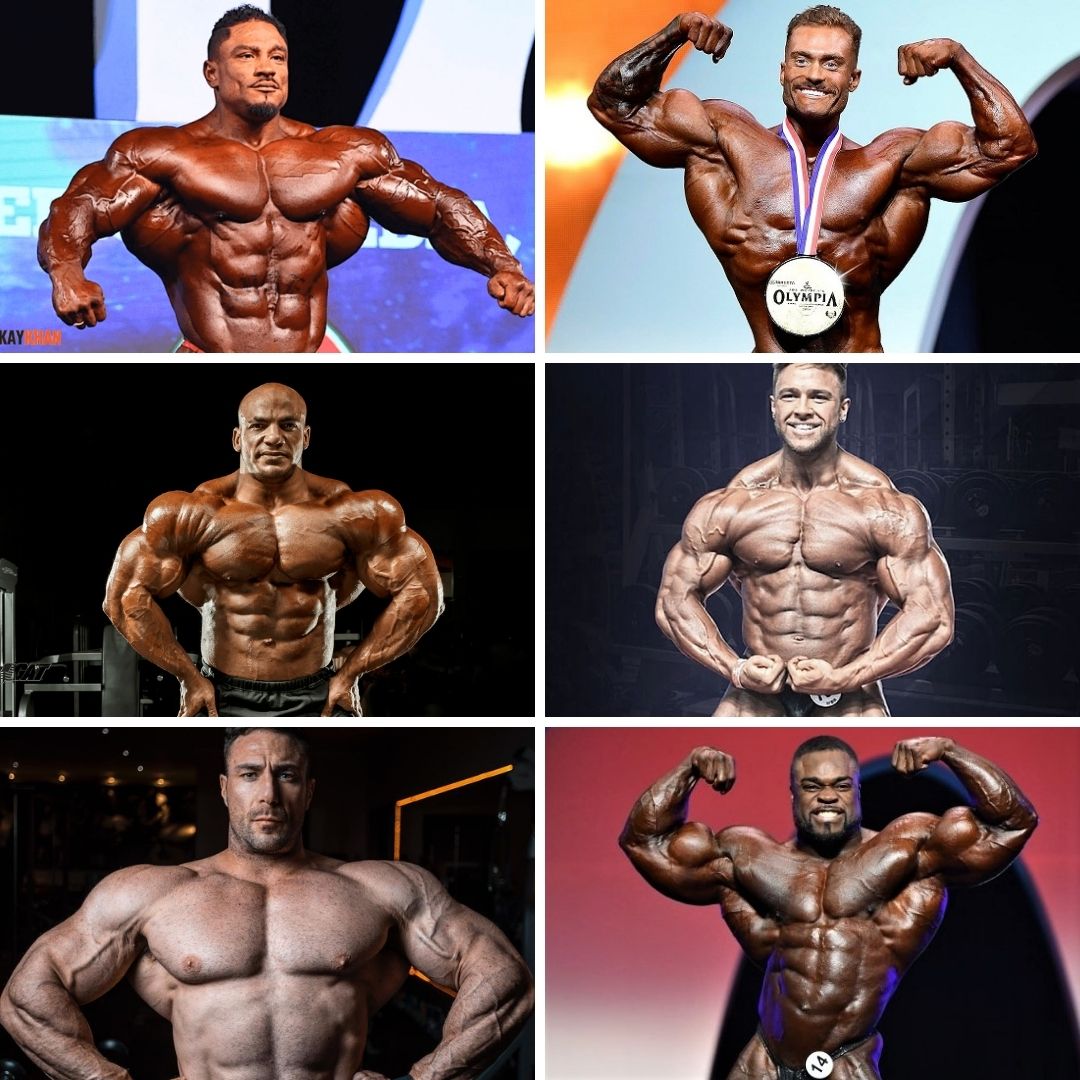For those who embark on this journey, the transformation is not just physical but mental and emotional as well. Whether you're a beginner looking to sculpt your physique or an experienced athlete striving for competitive success, bodybuilding offers a path to self-improvement. The world of bodybuilding is vast, encompassing everything from nutrition and training to recovery and mental resilience. By understanding the foundational principles and advanced strategies, you can unlock your potential and achieve the results you desire. In today's fast-paced world, where health and fitness have become top priorities for many, bodybuilding stands out as a beacon of structured progress. It's not just about lifting weights or building muscle; it's about setting goals, pushing limits, and celebrating small victories along the way. As more people embrace fitness as a cornerstone of their lives, the bodybuilding community continues to grow, offering support, inspiration, and shared experiences. From the gym to competitions, bodybuilders form a unique bond rooted in mutual respect and admiration for the hard work that goes into their craft. This article delves deep into the world of bodybuilding, offering a comprehensive guide for anyone interested in this transformative journey. We will explore the essential components of bodybuilding, including training regimens, dietary requirements, and mental strategies, while addressing common questions and concerns. By the end of this guide, you'll have a clear understanding of what it takes to become a bodybuilder and how to sustain long-term success in this demanding yet rewarding field. So, whether you're curious about how to start or eager to refine your approach, this guide is your roadmap to achieving greatness.
Table of Contents
- What Does It Take to Become a Successful Bodybuilder?
- Who Is the Most Iconic Bodybuilder of All Time?
- How Can You Optimize Your Training Routine as a Bodybuilder?
- Why Is Nutrition the Key to Bodybuilding Success?
- What Role Does Recovery Play in a Bodybuilder's Journey?
- How to Prepare for a Bodybuilding Competition
- What Are the Common Mistakes to Avoid as a Bodybuilder?
- FAQs About Bodybuilding
What Does It Take to Become a Successful Bodybuilder?
Becoming a successful bodybuilder requires a combination of physical effort, mental resilience, and strategic planning. It's not just about lifting weights; it's about adopting a holistic approach that encompasses every aspect of your life. First and foremost, consistency is key. Whether you're hitting the gym five days a week or following a strict meal plan, sticking to your regimen is what separates the amateurs from the professionals. Without consistency, progress will be slow, and motivation may wane.
Another critical factor is discipline. Discipline in bodybuilding means adhering to your workout schedule, even when you don't feel like it, and resisting the temptation to indulge in unhealthy foods. It also means prioritizing rest and recovery, which are often overlooked by beginners. A disciplined bodybuilder understands that progress is made not just in the gym but also during periods of rest. This balance between effort and recovery is what allows muscles to grow and adapt over time.
Read also:Insight Into Barry Weiss Wealth A Dive Into His Net Worth From Storage Wars
Lastly, setting realistic goals is essential for long-term success. Many aspiring bodybuilders fall into the trap of expecting overnight results, only to become discouraged when progress seems slow. Instead, focus on incremental improvements and celebrate small victories along the way. Whether it's increasing the weight you lift, reducing your body fat percentage, or mastering a new exercise technique, every step forward is worth acknowledging. By combining consistency, discipline, and goal-setting, you lay the foundation for a successful bodybuilding journey.
Who Is the Most Iconic Bodybuilder of All Time?
When discussing the most iconic bodybuilder of all time, one name inevitably comes to mind: Arnold Schwarzenegger. Known for his unparalleled achievements in bodybuilding and his transition to Hollywood stardom, Schwarzenegger has left an indelible mark on the sport. His dominance in competitions like Mr. Olympia, where he won seven consecutive titles, cemented his status as a legend in the bodybuilding world. Beyond his physical prowess, Schwarzenegger's charisma and vision helped popularize bodybuilding on a global scale.
Biography of the Iconic Bodybuilder
Arnold Schwarzenegger was born on July 30, 1947, in Thal, Austria. From a young age, he showed a keen interest in sports and physical fitness, inspired by his idol, Reg Park, a former Mr. Universe. Schwarzenegger's dedication to bodybuilding began in his teenage years, and by the age of 20, he had already won his first major title, Mr. Universe. His relentless drive and innovative training techniques set him apart from his peers, allowing him to achieve unprecedented success in the sport.
After retiring from competitive bodybuilding, Schwarzenegger transitioned into acting, where he became a global icon through films like "The Terminator" and "Predator." Despite his success in Hollywood, he remained deeply connected to the bodybuilding community, often mentoring young athletes and promoting fitness as a way of life. His influence extends beyond the gym, as he continues to inspire millions through his books, documentaries, and public speaking engagements.
Personal Details and Bio Data
| Full Name | Arnold Alois Schwarzenegger |
|---|---|
| Date of Birth | July 30, 1947 |
| Place of Birth | Thal, Austria |
| Height | 6'2" (188 cm) |
| Weight (Competition) | 235 lbs (107 kg) |
| Major Achievements | 7x Mr. Olympia, 5x NABBA Mr. Universe |
How Can You Optimize Your Training Routine as a Bodybuilder?
Optimizing your training routine is crucial for maximizing muscle growth and achieving your bodybuilding goals. One of the most effective strategies is to follow a structured workout plan that targets all major muscle groups. This typically involves splitting your routine into specific days for different muscle groups, such as chest and triceps on Monday, back and biceps on Tuesday, and legs on Wednesday. By focusing on one or two muscle groups per session, you allow for adequate recovery while ensuring consistent progress.
Incorporating progressive overload is another key aspect of an optimized training routine. Progressive overload involves gradually increasing the weight, reps, or intensity of your workouts over time. This ensures that your muscles are constantly challenged, which is essential for growth. For example, if you're bench pressing 135 pounds for 10 reps, aim to increase the weight to 145 pounds or add an extra rep in your next session. Small, incremental changes like these can lead to significant gains over time.
Read also:The Complete Guide To The Wayans Familys Cinematic Dynasty
Finally, don't underestimate the importance of proper form and technique. Lifting heavy weights with poor form not only increases the risk of injury but also limits the effectiveness of your workouts. Take the time to learn the correct technique for each exercise, and consider working with a trainer or coach if you're unsure. Additionally, incorporating variety into your routine—such as trying new exercises or using different equipment—can prevent plateaus and keep your workouts engaging.
Why Is Nutrition the Key to Bodybuilding Success?
Nutrition plays a pivotal role in bodybuilding success, as it provides the fuel your body needs to perform and recover. A well-balanced diet ensures that you have the energy to power through intense workouts while also supplying the nutrients necessary for muscle repair and growth. For bodybuilders, macronutrients like protein, carbohydrates, and fats are particularly important, as they each serve a unique function in the body.
Protein is often referred to as the building block of muscle, and for good reason. Consuming adequate amounts of protein—typically around 1 gram per pound of body weight—is essential for muscle repair and growth. Sources like chicken, fish, eggs, and plant-based proteins like lentils and tofu are excellent choices. Carbohydrates, on the other hand, provide the energy needed for high-intensity workouts. Opt for complex carbs like brown rice, quinoa, and sweet potatoes, which release energy slowly and keep you fueled throughout your training sessions.
Fats, though often misunderstood, are equally important for bodybuilders. Healthy fats from sources like avocados, nuts, and olive oil support hormone production and overall health. Additionally, staying hydrated is crucial, as water plays a key role in muscle function and recovery. By prioritizing nutrition and tailoring your diet to your specific goals, you can unlock your full potential as a bodybuilder. Remember, what you eat is just as important as how you train.
What Role Does Recovery Play in a Bodybuilder's Journey?
Recovery is often the unsung hero of bodybuilding success, yet it plays a vital role in achieving your goals. Many beginners make the mistake of focusing solely on training and nutrition, neglecting the importance of rest and recovery. However, without adequate recovery, your muscles won't have the time they need to repair and grow, which can hinder progress and increase the risk of injury.
One of the most effective recovery strategies is ensuring you get enough sleep. Sleep is when your body undergoes the majority of its repair processes, including muscle recovery and hormone regulation. Aim for 7-9 hours of quality sleep per night to maximize these benefits. Additionally, incorporating active recovery days into your routine can help reduce muscle soreness and improve flexibility. Activities like yoga, stretching, or light cardio are excellent options for active recovery.
Another important aspect of recovery is listening to your body. If you're feeling unusually fatigued or experiencing persistent soreness, it may be a sign that you need to take a break. Overtraining can lead to burnout and setbacks, so it's essential to strike a balance between pushing yourself and allowing time for rest. By prioritizing recovery, you set yourself up for long-term success and ensure that your bodybuilding journey is both sustainable and enjoyable.
How to Prepare for a Bodybuilding Competition
Preparing for a bodybuilding competition requires meticulous planning and unwavering dedication. The process begins months in advance, as competitors focus on fine-tuning their physique through a combination of training, nutrition, and posing practice. One of the first steps is to establish a clear timeline for your preparation, breaking it down into phases such as bulking, cutting, and peak week. Each phase has specific goals, from building muscle mass to reducing body fat and achieving a lean, shredded appearance.
Nutrition during competition prep is highly specialized, often involving a calorie-restricted diet to shed excess fat while preserving muscle mass. This typically includes a high-protein intake, moderate fats, and carefully timed carbohydrates. Many competitors work with a nutritionist to create a personalized meal plan that aligns with their goals. In the final weeks leading up to the competition, water manipulation and carb-loading strategies are employed to enhance muscle definition and fullness on stage.
Posing practice is another critical component of competition preparation. Judges evaluate competitors based on their ability to showcase their physique effectively, making it essential to master the mandatory poses and transitions. Regular practice sessions, often in front of a mirror or with feedback from a coach, help refine your presentation. Additionally, mental preparation is key, as the pressure of competing can be intense. By focusing on confidence and visualization, you can step onto the stage with poise and assurance.

